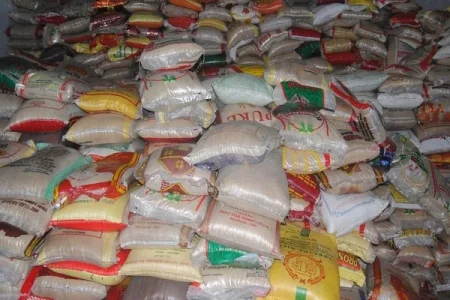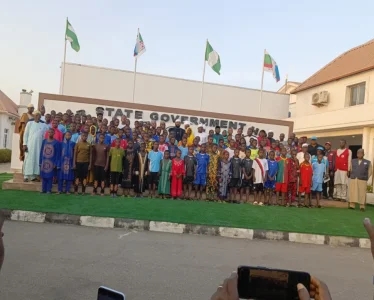
The Federal Government's distribution of 740 trucks of rice as palliatives has been marred by delays, with many states yet to receive their allocated share. States including Katsina, Plateau, and Borno report no delivery, causing widespread anxiety. Meanwhile, some regions like Oyo and Akwa Ibom have received their palliatives.
In a troubling development, many states across Nigeria are grappling with significant delays in receiving rice palliatives promised by the Federal Government. This situation has sparked widespread concern among residents and local officials alike, as only a few states have received their allocated shares.
According to recent reports by Vanguard, the Federal Government had promised to distribute 740 trucks of rice, each truck containing 1,200 bags of 25kg rice, across the 36 states and the Federal Capital Territory (FCT), Abuja. However, as of the latest update, only a handful of states have reported receipt of their consignments.
In the northern region, Kano State is among the few that have received their allocated trucks. Conversely, other states such as Katsina and Plateau have yet to see any of the promised supplies. Officials in these states have expressed frustration and confusion, as the delay continues without clear communication from the authorities.
In the South-West, Oyo State has confirmed the arrival of its share and has begun distribution. Similarly, Akwa Ibom and Bayelsa in the South-South have reported receiving their allocations and are actively distributing the rice to the needy.
In contrast, several other states, including Delta, Edo, Cross River, Ondo, Ogun, Ekiti, Kwara, Sokoto, Zamfara, and Benue, have yet to receive their rice. Officials from these states have either not responded to inquiries or have confirmed that no shipments have arrived.
The Federal Government had announced the palliative distribution to alleviate the hardship faced by Nigerians due to ongoing economic challenges. However, the delays have raised questions about the effectiveness of the distribution plan and the government’s commitment to addressing the needs of the vulnerable population.




